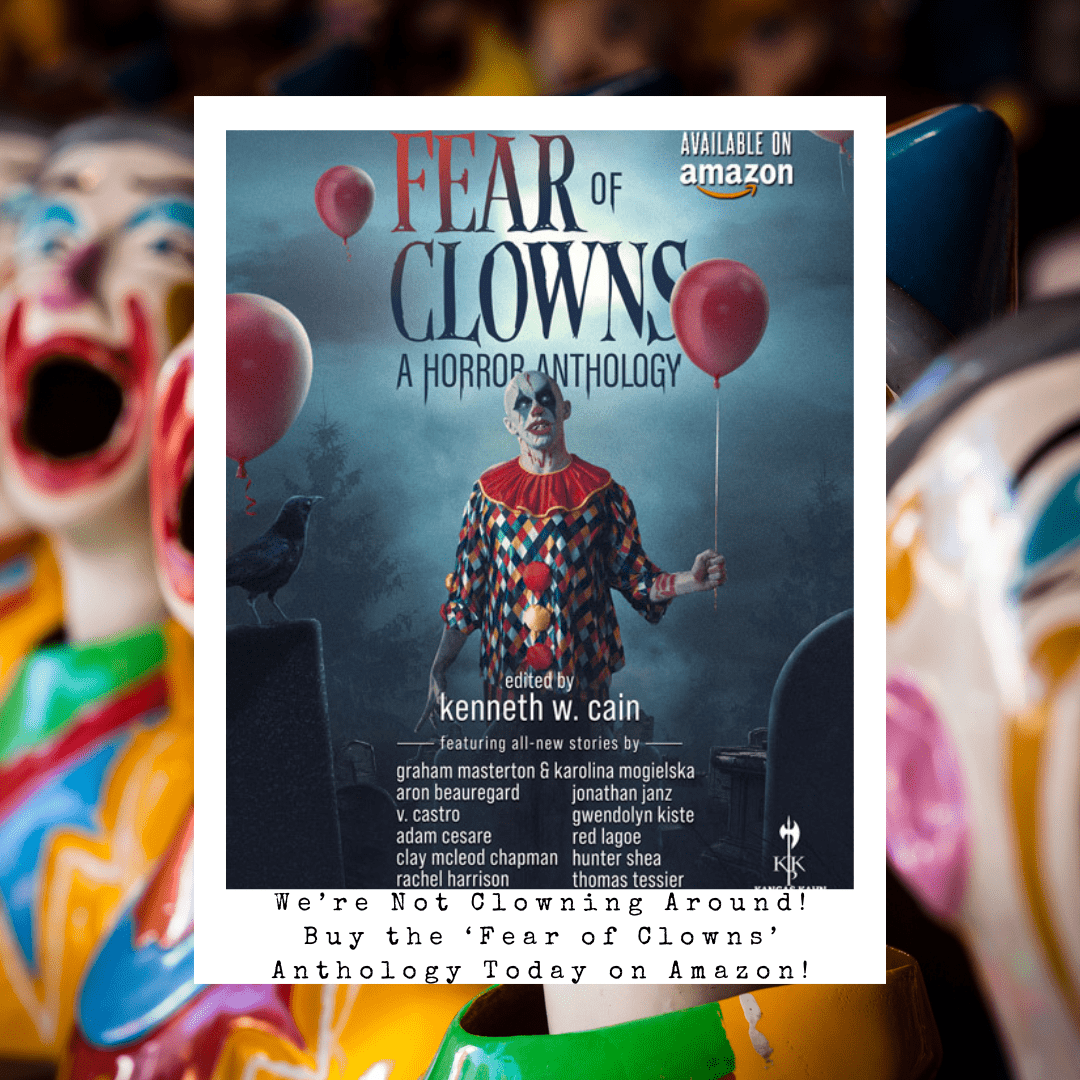Writing Prompt Wednesdays: Sleep-Knitting
Writing Prompt Wednesdays: Sleep-Knitting
Welcome to “Writing Prompt Wednesdays,” a haven where your imagination can roam free in the realms of speculative fiction. As we embark on this weekly journey, it’s thrilling to think about the untold stories waiting to be penned in the domains of horror, science fiction, and fantasy. Whether you’re a seasoned author or a budding wordsmith, these prompts are your gateway to unexplored worlds and untapped potentials.
Every Wednesday, we’ll serve up a fresh, thought-provoking prompt designed to ignite your creative spark and challenge your storytelling prowess. Think of these prompts as a key, unlocking the doors to uncharted territories where your creativity is the only limit. From eerie, shadow-laden corridors of Gothic horror to the farthest reaches of interstellar space, and the mystical depths of high fantasy, our prompts are a kaleidoscope of possibilities.
Remember, there’s no right or wrong way to approach these prompts. They are mere stepping stones, guiding you towards the vast landscapes of your imagination. Use them to break free from writer’s block, to experiment with new ideas, or simply as a fun exercise to keep your writing skills sharp.















